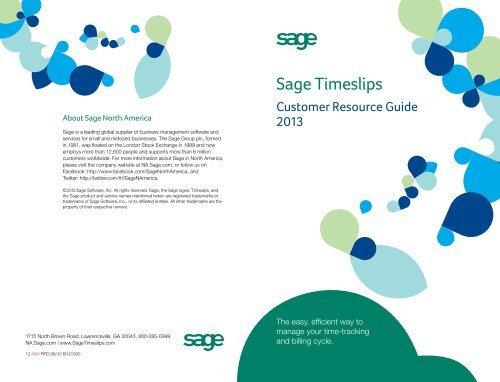
Storytelling is a way to give people with dementia a low-stress way to communicate, one that doesn’t rely on memories, but is created joyfully in the moment.Īnna is working to make Timeslips an official program at Shepherd House, with regular storytelling sessions. She’ll see to it each storyteller gets a copy of the tale they wove together. Joan will type up the story, which the clients decided to entitle Mass Confusion. Then it was read one last time and declared a future best-seller. The story was read back at various points, until everyone agreed it was finished. But they were enthusiastic about making up a life story for the dogs -the pups are on their way to the Brady Street Festival on Milwaukee’s East Side, they decided, in search of delicious cannoli.Īs portions of the story were added by the clients, Activities Director Anna Dorsey, wrote down each comment. Many of the people in this group don’t talk much on their own. Using questions including: what time of year is it what are the dogs’ names where are they going what sounds are they hearing and more, she went around the circle, getting fascinating pieces of the tale from each St.
Timeslips pictures windows#
By using open-ended questions about the picture, they initiate storytelling and encourage participants to use their imaginations.ĭuring a recent session at Shepherd House, Joan, a Timeslips facilitator, passed around a photo of two curious canines popping their heads out of the windows of side-by-side cars stopped at a traffic signal. Trained facilitators distribute copies of a conversation-starting picture to a small group of people with memory loss. Timeslips is a national nonprofit organization founded by UW-Milwaukee professor Anne Basting in 1996. The lively group of tale spinners is participating in Timeslips, a program which uses group storytelling to enhance the lives of people with Alzheimer’s disease and other forms of dementia. ISBN 0-89950-032-3.Shakespeare, Hemmingway and Mark Twain have some stiff competition from the clients at St. Jefferson, North Carolina: McFarland & Company, 2009 (First Edition 1982). Keep Watching the Skies: American Science Fiction Films of the Fifties, 21st Century Edition. ^ "The Atomic Man (1955) – Ken Hughes | Review".^ Gene Nelson Goes to England to Enact American Reporter."Metro Will Film Graziano Story: Studio Buys Biography of Middleweight Ex-Champion Who Turned to Acting ".
Timeslips pictures movie#
TV Guide called it a "dumb movie with an interesting premise" and AllMovie similarly thought its "absolutely fascinating premise" unfortunately translated into "lack of imagination in the script" but from an able cast, Faith Domergue was "especially welcome", and the reviewer concluded "The budget is clearly low, but (Ken) Hughes does well with what he has." References The Los Angeles Times called it "near perfect entertainment for the radioactive age." Critical reception The New York Times called the novel "fairly crude and preposterous but lively enough". It would be the first of three novels about reporter Mike Delaney. The Isotope Man Įric Main turned the script into a novel, The Isotope Man, published in 1957. įilming started in England on 4 February 1955. He was reportedly cast after Tony Owen of Todon saw Nelson on an episode of Studio One. Star Gene Nelson had been in two musicals, So This Is Paris and Oklahoma!, and this was his first serious dramatic lead. It was a production of Todon Productions, the American company, although they are not credited. I called the first play that I wrote inspired by stories told by elders with dementia TimeSlips in 1998, and it has been the name ever since. We were simultaneously in the past, the present and the future - imagining yet always drawing on the past. The film was partially funded by its UK distributor, Anglo-Amalgamated. TimeSlips captured the non-linear quality of the stories. His psychiatrist "cures" him by smothering him to death and then reviving him with a second - but more carefully measured - dose of adrenalin.

In the original play, Jack Mallory (Jack Rodney) dies and is brought back to life with an adrenaline injection, but this results in his perception of time being 4.7 seconds ahead of everybody else's, so he is able to answer their questions before they are even asked.

The script for the film was a substantial reworking by Charles Eric Maine of his BBC TV play Time Slip, which was transmitted live on 25 November 1953, and not recorded. Leonard Williams as Detective Sergeant Haines.Joseph Tomelty as Detective Inspector Cleary.


 0 kommentar(er)
0 kommentar(er)
